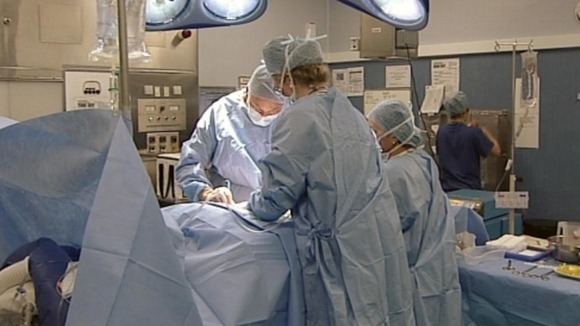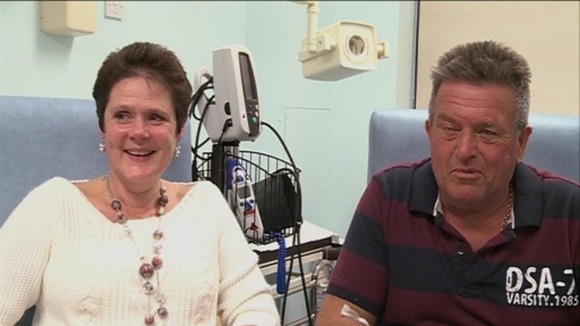|
Having laboratories automatically provide an estimated glomerular filtration rate (eGFR) along with serum creatinine results does not appreciably increase the proportion of appropriate compared to inappropriate nephrology referrals, evidence suggests.
A team from Ottawa showed that the percentage of appropriate referrals from primary care physicians did not increase after implementation of automatic reporting, according to a report in the Canadian Medical Association Journal (2012;18:592-601).
Ayub Akbari, MD, MSc, and colleagues at The Ottawa Hospital compared the one-year periods before and after automated eGFR implementation on March 7, 2006 at their institution. Among the 2,672 patients referred for chronic kidney disease by primary care physicians to the hospital's 18 nephrologists before and after implementation, the proportions increased significantly after implementation of people 80 years of age and older and women (17.5% before to 25.5% after, and 41.7% to 54.3%, respectively). The proportion of those with an eGFR below 30 mL/min/1.73 m2increased from 18.8% to 23.8%.
The number of appropriate referrals increased by 43.2%, with a slight drop immediately after implementation and a steady increase afterwards. However, researchers observed a concomitant increase in inappropriate referrals. This translated into no significant change in the proportion of appropriate referrals in the two study periods.
“This is very consistent with what we found in a systematic review,” commented University of Western Ontario nephrologist Arsh Jain, MD, referring to a paper he co-authored with Dr. Akbari, and other collaborators that was published in the American Journal of Kidney Diseases (2011;57:592-601). “There is an increase in both inappropriate and appropriate referrals.”
The systematic review comprised an analysis of 22 studies from five countries published or presented at medical meetings between 2004 and 2010. Automated eGFR reporting resulted in 13%-270% increases in nephrologist referrals and consultations. Groups experiencing the largest increases in referral rates were the elderly, women and those with stage 3 or higher CKD. Prescription of renin-angiotensin-aldosterone system-blocking drugs increased by 0%-6%. A Canadian trial published online on February 16, 2012 ahead of print in the Clinical Journal of the American Society of Nephrologyshowed that carefully adjusting the automated reporting does not increase its effectiveness. The investigators compared standard eGFR laboratory reporting to enhanced reporting—involving a laboratory prompt based on the test results that was designed to help identify and manage CDK—in elderly patients from 93 primary care practices in Alberta. The proportion of patients with diabetes or proteinuria receiving an angiotensin converting enzyme inhibitor or angiotensin receptor blocker was 77.1% in the enhanced-reporting group versus 76.9% in the standard-reporting group; these are not significantly different percentages. The proportion only increased significantly among those with an eGFR below 30.
Educating primary care physicians about the parameters for appropriate referral may improve the effectiveness of automated eGFR reporting, Dr. Akbari said.
Dr. Jain, however, said more improvement in automated reporting may not be possible.
“The most exciting developments likely will come from increased use of electronic medical records,” Dr. Jain said. “Electronic medical records make it easy to identify people with chronic kidney disease and for developing CKD specific algorithms: Is this person on the right medications, and at the right dose, etc. This automated algorithm can then indicate whether a referral is appropriate or not.”
|
 Log in to explore the world's most comprehensive database of dialysis centres for free!
Log in to explore the world's most comprehensive database of dialysis centres for free!  Professional dialysis recruitment
Professional dialysis recruitment

 Sarah Hayter undergoes surgery to improve husband's health Photo: ITV West
Sarah Hayter undergoes surgery to improve husband's health Photo: ITV West
 The couple hope the transplant will improve their lives Credit: ITV West
The couple hope the transplant will improve their lives Credit: ITV West
 Sarah underwent 3 hours of keyhole surgery in order for her kidney to be removed Credit: ITV West
Sarah underwent 3 hours of keyhole surgery in order for her kidney to be removed Credit: ITV West

